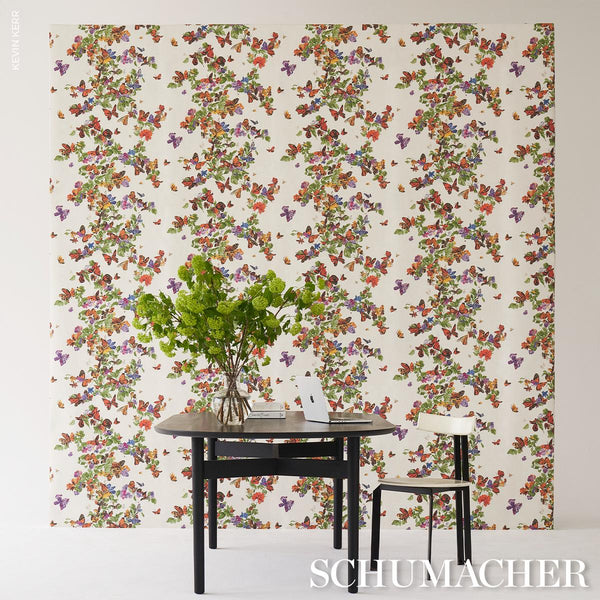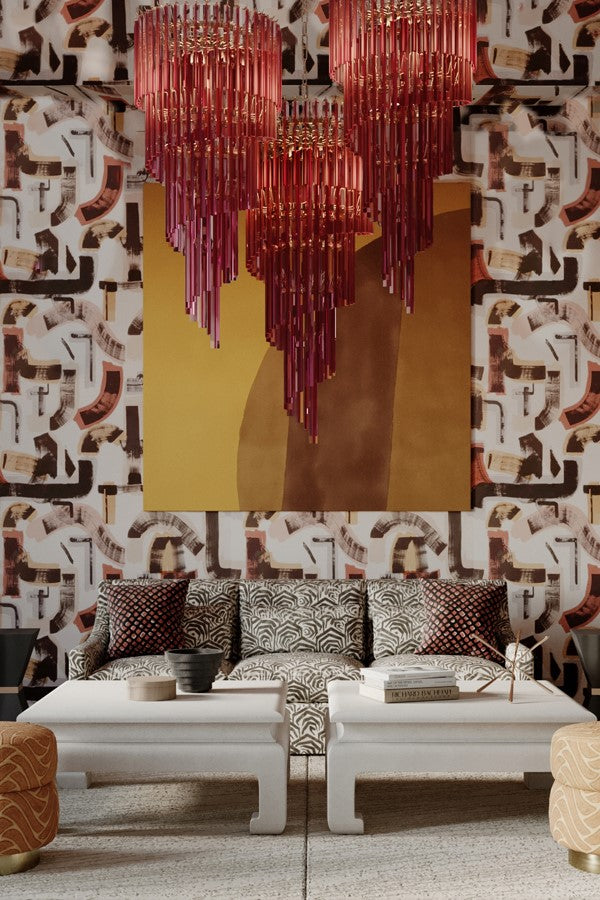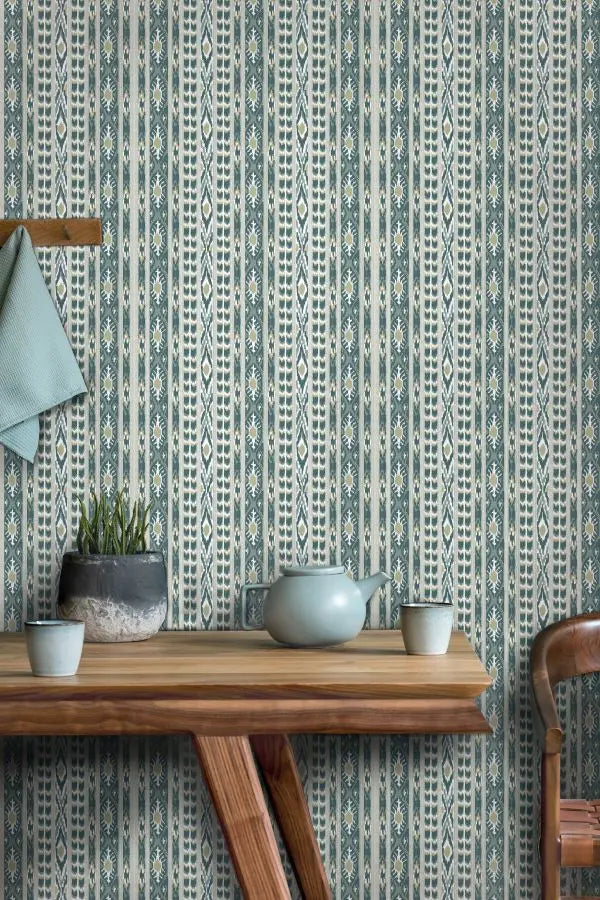Schumacher Design Lab

In the realm of design, innovation isn't just about creating something new; it's about revolutionizing the way we approach problems and finding sustainable solutions. Enter Schumacher's Design Lab, a pioneering initiative that merges the brilliance of design thinking with the transformative power of artificial intelligence (AI). This innovative approach has positioned Schumacher's Design Lab as a trailblazer in the industry, reshaping conventional paradigms and setting new standards for creative problem-solving. Ever since established in 1889, Schumacher has been synonymous with style, tase and innovation. They were among the first to introduce wallpaper to the United States and bringing new styles like Art Deco to the American customer.

Founded on the visionary principles of Fritz Schumacher, a luminary in the fields of economics and philosophy, the Design Lab embodies his ethos of "small is beautiful" and applies it to the world of design. It champions the idea that innovation doesn't always necessitate grandeur but can stem from small, sustainable, and thoughtful solutions.
At the core of Schumacher's Design Lab lies the integration of AI into the design process. AI, often seen as a catalyst for technological advancement, is utilized here not just for its computational capabilities but for its capacity to augment human creativity and intuition. This synergy between AI and human intelligence sparks a collaborative dynamic that propels design innovation to unprecedented heights.

One of the primary facets where AI is instrumental within the Design Lab is in predictive modeling. By harnessing vast amounts of data, AI algorithms analyze trends, user behavior, and market dynamics, providing invaluable insights that guide the design process. This predictive capability enables designers to anticipate user needs, preferences, and emerging patterns, resulting in products and services that resonate deeply with their intended audience.
Furthermore, AI augments the ideation phase by generating diverse design possibilities based on specified parameters. Through generative design, AI algorithms produce a multitude of potential solutions, fostering a creative playground for designers to explore and refine ideas rapidly. This iterative process not only accelerates innovation but also encourages experimentation and out-of-the-box thinking.

The Design Lab's commitment to sustainability is another aspect that sets it apart. AI plays a pivotal role in optimizing designs for eco-friendliness and resource efficiency. By simulating and analyzing environmental impacts, AI helps in creating solutions that minimize waste, reduce energy consumption, and prioritize sustainability without compromising functionality or aesthetics.
Moreover, the Design Lab embraces inclusivity by leveraging AI-driven insights into user experiences. Through sentiment analysis and user feedback processing, AI assists in crafting designs that cater to diverse demographics, ensuring that products and services are accessible and inclusive for all.
However, amidst the celebration of AI's capabilities, the Design Lab remains rooted in the belief that human creativity and empathy are irreplaceable. AI serves as a tool, enhancing human potential rather than supplanting it. The human touch in design—empathy, intuition, and emotional intelligence—remains at the forefront, guiding the ethical and moral compass of innovation.

Schumacher's Design Lab exemplifies a paradigm shift in design thinking, where AI isn't just a technological addendum but an integral partner in the creative process. By amalgamating AI's computational prowess with human ingenuity, the Lab pioneers a new era of design innovation—one that is sustainable, inclusive, and deeply attuned to the needs of individuals and the planet.
The legacy of Schumacher lives on through this visionary initiative, reminding us that in the pursuit of innovation, the fusion of technology and humanity yields the most profound and impactful results. The Design Lab stands as a testament to the transformative power of synergy—where AI and human creativity converge to shape a better, more beautifully designed world.



